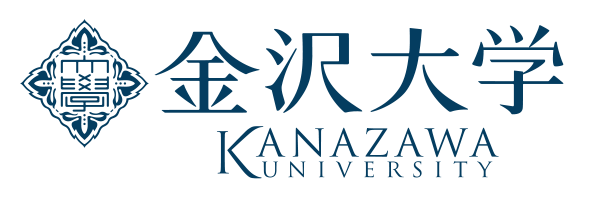
Kanazawa University
Green Education Ranking
#868
About Kanazawa University
Kanazawa University, one of Japan’s National Universities, can trace its history back to the opening of a smallpox vaccination center in 1862. Originally the regional vaccination clinic established by the Kaga Domain, the university is the third oldest national university in Japan and the leading center for higher education in the Hokuriku Region. The campus used to be uniquely located on the Kanazawa Castle ground. Now, the main campus spreads vastly across 496 acres on a mountain to the east of the historical city of Kanazawa, located on the shores of the Sea of Japan. Kanazawa is only two-and-a-half hours away from Tokyo by bullet train. Kanazawa University upholds the charter to be “a research university dedicated to education, while opening up its doors to both local and global society,” tackles the various problems of today’s society, and believes it is our duty to create the knowledge and train personnel to solve these problems. It is comprised of 4 Colleges, 20 Schools, 7 Graduate Schools, University Hospital which is located in the heart of Kanazawa, etc. Student enrollment is over 10,000 in total. Over 20 percent are postgraduates, and international students come from over 40 countries around the world. Kanazawa University has been selected as a Top Global University by the governmental fund to support the universities that lead the globalization of Japanese society. Also, the university will strive to be a world-class institution for academic research in accordance with the Japanese government’s budget allocation to national universities. The university has many specialized research facilities that aim for social implementation of innovative university research results; Cancer Research Institute, Nano Life Science Institute, Advanced Mobility Research Institute, Advanced Manufacturing Technology Institute, and Biomass Green Innovation Center. Kanazawa University welcomes international students and has concluded partnership with over 320 institutions across the world.
About World Green University Ranking
World
Green University Ranking 2024 is a
scholarly acknowledgment of educational
institutions standing at the forefront of
Education for Sustainable Development (ESD) and
leading the Green Education Transformation
(Education 6.0).
World Green University Ranking classifies
universities based on the six pillars of the
Holistic Green Education Framework, including
leadership governance, curriculum, innovation,
facilities, human capital, and community
partnerships.
The methodology employed in our Green Education Ranking is designed relying on the six pillars of the Holistic Green Education Framework. Each pillar contributes to the institution’s overall score, with a carefully assigned weight reflecting its significance in fostering sustainability. The total weight of the six pillars collectively amounts to 100%, signifying a balanced evaluation across critical dimensions of Green Education. Within each pillar, various standards are carefully assessed, with weights ranging between 1 and 2, emphasizing the varying importance of each criterion. This nuanced approach ensures a holistic evaluation and offers an insightful measure of universities commitment to Green Education Transformation (Education 6.0).
| # | Six Pillars of Green Education Framework (6Gs). | Weight |
|---|---|---|
| 1 | Green Educational Leadership | 14% |
| 2 | Green Curriculum | 17% |
| 3 | Green Innovation and Research | 19% |
| 4 | Green Facilities | 15% |
| 5 | Green Human Capital | 19% |
| 6 | Green Communities | 16% |
| Total | 100% |

